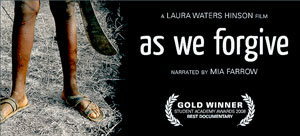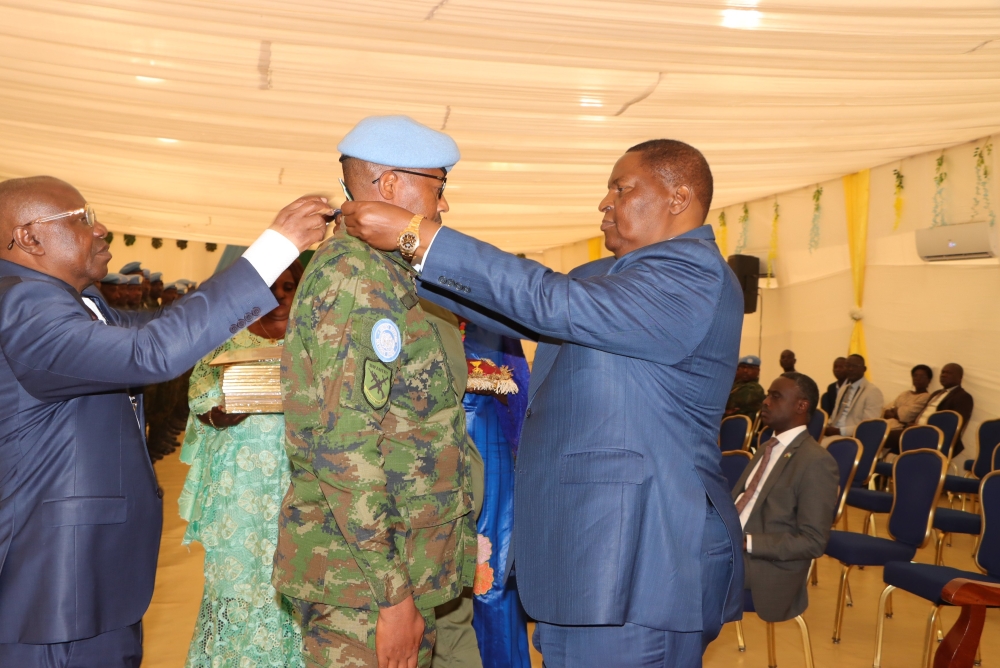“Resentment is like drinking poison and then hoping it will kill your enemies.”—Nelson Mandela.For years, whenever people mention the name Rwanda, reactions were almost instantaneous. The word Genocide jumped to their minds, and with it, horrifying images from the 1994 Genocide against the Tutsi.


"Resentment is like drinking poison and then hoping it will kill your enemies.”—Nelson Mandela.
For years, whenever people mention the name Rwanda, reactions were almost instantaneous. The word Genocide jumped to their minds, and with it, horrifying images from the 1994 Genocide against the Tutsi.
Today, hearing the same name, a very different word comes to their mind: Forgiveness, and its capacity to redeem even the darkest chapters of human history. Forgiveness is a door to peace and happiness.
It is a small, narrow door, and cannot be entered without stooping. It is also hard to find. But no matter how long the search, it can be found.
At least that is what the men and women in the book, "Why Forgive” reveal. Reading Jean-Paul’s story in this bears out, he shares that forgiving is a deeply personal matter. Ultimately each of us must find healing within, on our own terms, and in our own time. On another level, however, forgiving is much more.
Even if its power connects people one by one, the resulting "ripple effect” can be felt on a much broader scale. In fact, forgiveness can be a powerful social force, transforming and empowering whole groups of people.
The real enemy is one we all face; the anger and bitterness we carry around with us during the day; the fear and anxiety we sleep with at night.
It’s impossible, without love. Only love can deliver us from old hatred and bondages and bring about true healing. People all over the world are hurting like this – not just in Rwanda. Tragically, they act as if there is no way out.
They say, "Things happen.” That’s the way life is.” They won’t talk about the solution, which is forgiveness. Only a culture of forgiveness can stop the cycle of violence and despair and set into motion new cycles of hope and love.
This will not happen overnight, because forgiving is a very personal choice. It takes soul-searching. People need to be shown why they should go to all the trouble. They need to hear stories of forgiveness, so that they can be touched. And they need a vision of how things could be, in order to give them hope.
The need for forgiveness lies in its relevance to two very practical aspects of reconciliation: Co-operation and sustainability.
While it might be the case that many individual victims will not forgive those offenders who directly harmed them, the public forgiveness offered by a representative of the victimized group should not be considered illegitimate.
The book "Why forgive” explains that learning how to forgive ranks near the top of practical steps you can take to improve your life, your physical health and your emotional health. When you forgive, you free yourself from mind-forged chains.
You start to derive benefits as soon as you gain release from the anger and resentment that have held you down.




